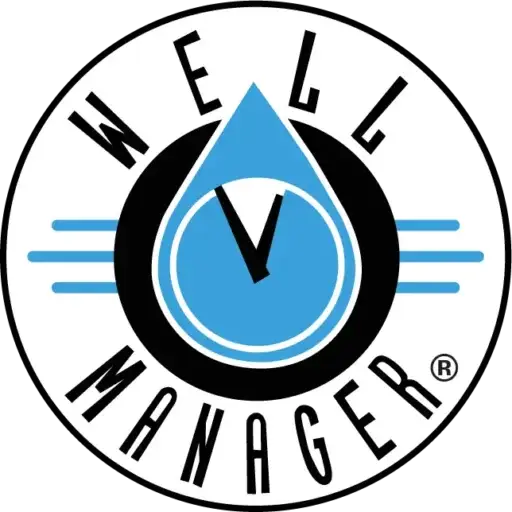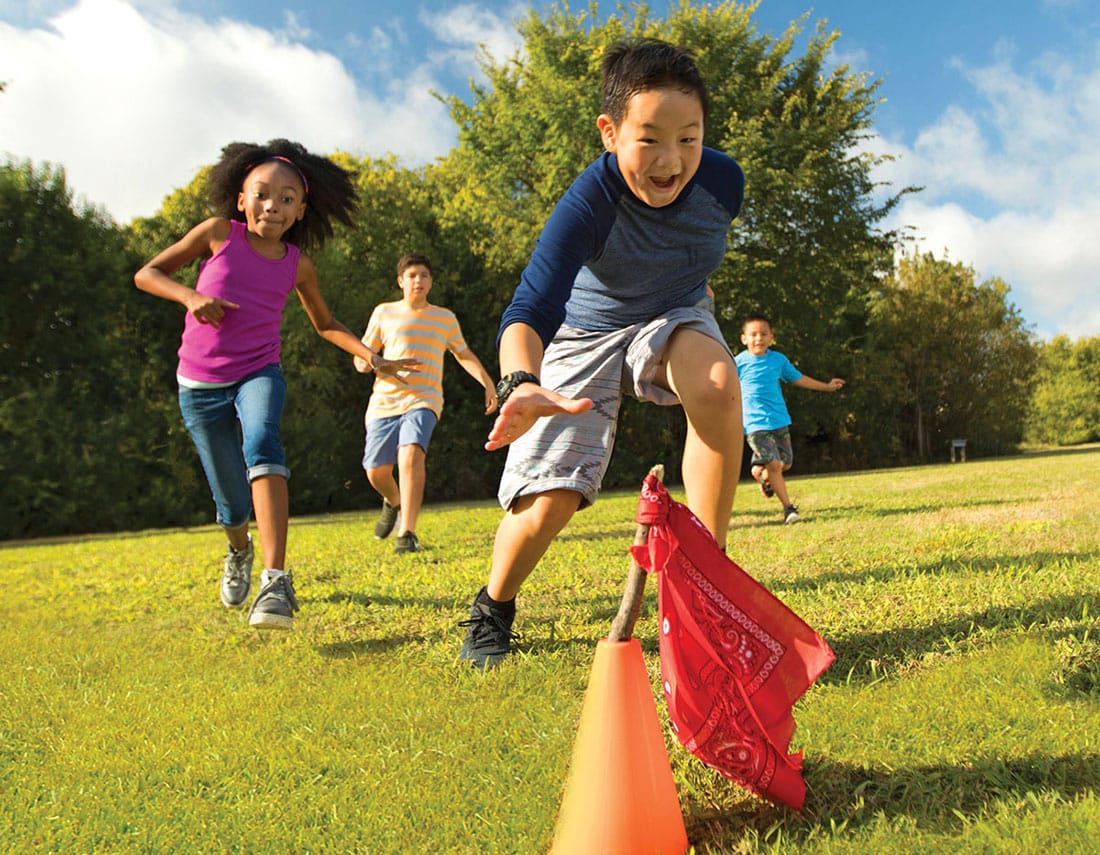Running a summer camp is a rewarding yet challenging endeavor, especially when it comes to ensuring a reliable supply of clean water. Maintaining enough water at a reasonable pressure can be particularly difficult when your camp relies on well water. This can disrupt daily activities, affect camper satisfaction, and pose health and safety risks. Without efficient well water management, your camp could face water shortages, unsatisfied campers, and potential health hazards.
To help camp owners and managers avoid these consequences, this guide provides essential insights into managing well water efficiently and reliably. From understanding well yield to implementing water-saving practices and energy-efficient equipment, these strategies will ensure your camp runs smoothly, keeping campers happy and safe.
Understanding Well Yield: The Most Important Factor for Campers
The Importance of Well Yield
The yield of a well, measured in gallons per minute (GPM), is a critical factor in determining your camp’s water supply. Understanding and optimizing well yield is not just crucial, it’s empowering. It directly impacts your camp’s ability to meet water demands during peak times, giving you the knowledge and control you need to run your camp effectively.
Factors Affecting Well Yield
Ensuring a reliable water supply for your camp starts with understanding the factors influencing well yield. Well yield is affected by various elements, ranging from the aquifer’s natural properties to the well’s construction and maintenance. A thorough assessment of these factors is essential to ensure that your well can meet the water demands of your camp, especially during peak times. Here are the key factors that can impact well yield:
- Aquifer Properties:The aquifer’s size, recharge rate, and permeability determine how much water is available for extraction.
- Well Construction:Proper casing, screen placement, and adequate depth are crucial for optimizing water flow and preventing contamination.
- Seasonal Variations:Changes in groundwater levels due to seasonal variations can affect the well’s yield, with potential decreases during dry periods.
- Maintenance:Regular monitoring and maintenance, including cleaning and repairing leaks, help maintain optimal well performance.
- Pumping Rate:The rate at which water is pumped from the well should be managed to prevent over-extraction, which can reduce yield over time.
Critical Components for Efficient Well Water Management for Camps
Managing well water efficiently at a summer camp involves several critical components, from the initial design of the well to the ongoing maintenance and choice of equipment. A thorough evaluation of your aquifer and proper well construction are foundational steps. Consistent monitoring and maintenance and the right equipment ensure a reliable and sustainable water supply. Here’s a closer look at these essential elements:
Aquifer and Well Design
To ensure a reliable water supply, start with a thorough evaluation of your aquifer. This involves understanding its recharge rate and capacity. Proper well construction is also essential. Ensure your well has appropriate casing and screen placement to protect against contamination and optimize water flow.
Regular Monitoring and Maintenance & Choosing the Right Equipment
Consistent monitoring and maintenance are not just crucial, they’re your security blanket. They ensure well efficiency and give you control over your water supply. Schedule regular inspections to check for signs of wear and tear, leaks, or blockages. Cleaning the well periodically prevents clogging and maintains optimal flow rates. Repair any leaks immediately to avoid water loss and contamination, which can compromise the well’s efficiency.
Investing in energy-efficient pumps and control systems is crucial for efficient well water management. But it’s not just about investing, it’s about choosing the right equipment. These systems reduce operational costs and ensure a reliable water supply. Selecting appropriately sized equipment for your well and water needs is critical, as over or under-sized pumps can lead to inefficiencies and increased wear and tear. By making the right choices, you can feel confident in your camp’s water management.
Get Your Camp Ready for Summer with Well Manager
Now that you have the knowledge and strategies to manage your well water efficiently, it’s time to put them into action. By following these guidelines, you can maintain a dependable water supply, promote environmental stewardship, and create a successful and enjoyable camp experience for your campers.
Related Reading
- How Can You Prevent Your Well from Running Dry Again and Again?
- Understanding Well Drilling: Considerations and Limitations
- Well Manager Timed Water Collection System for Low-Yield, Low-Water Pressure Problems
- Why Drilling Deeper Wells Does Not Solve Low-Water, Low-Pressure Wells
- Why a Booster Pump Alone Often Isn’t Enough to Meet Residential Well Water Demands



